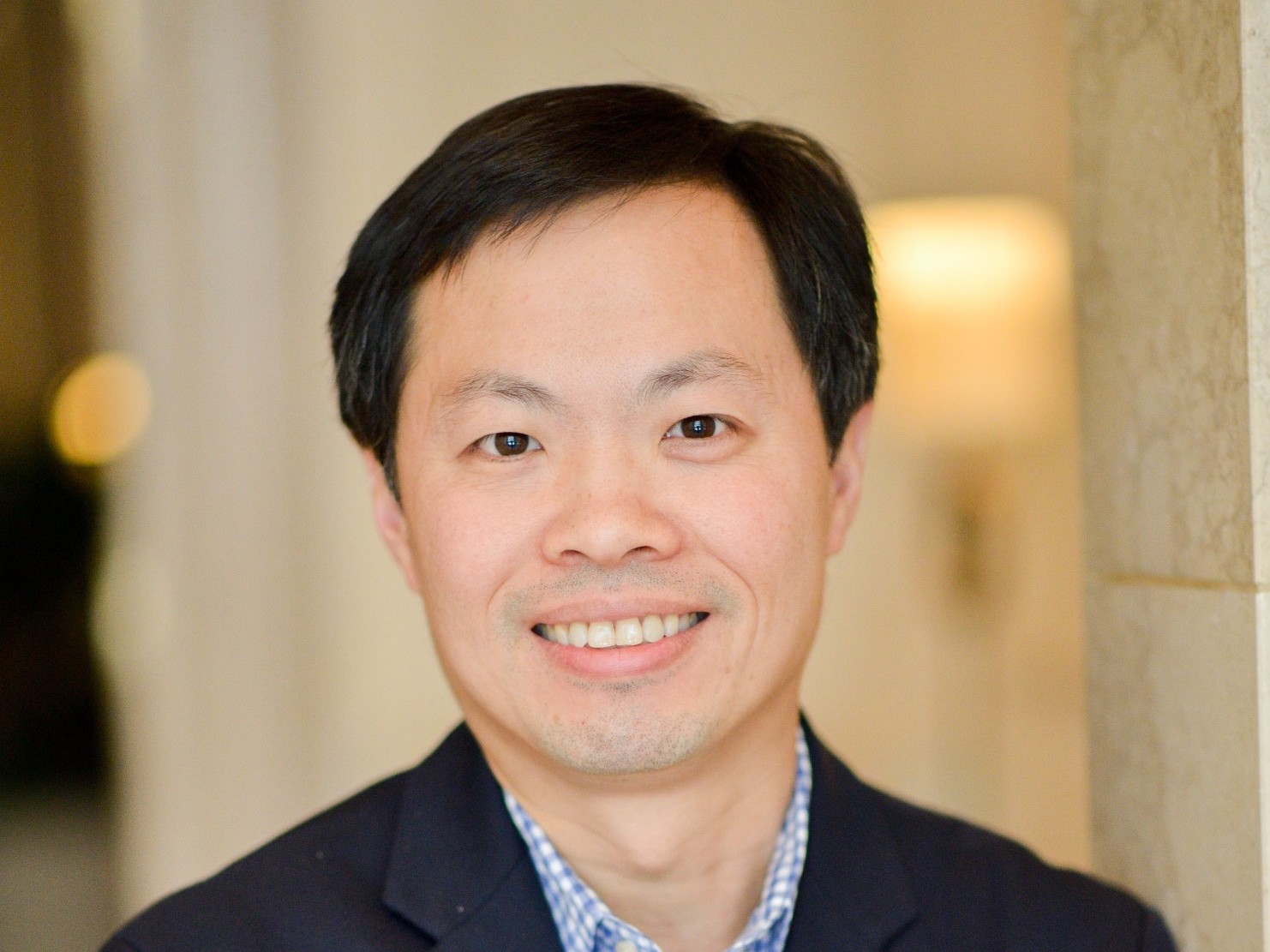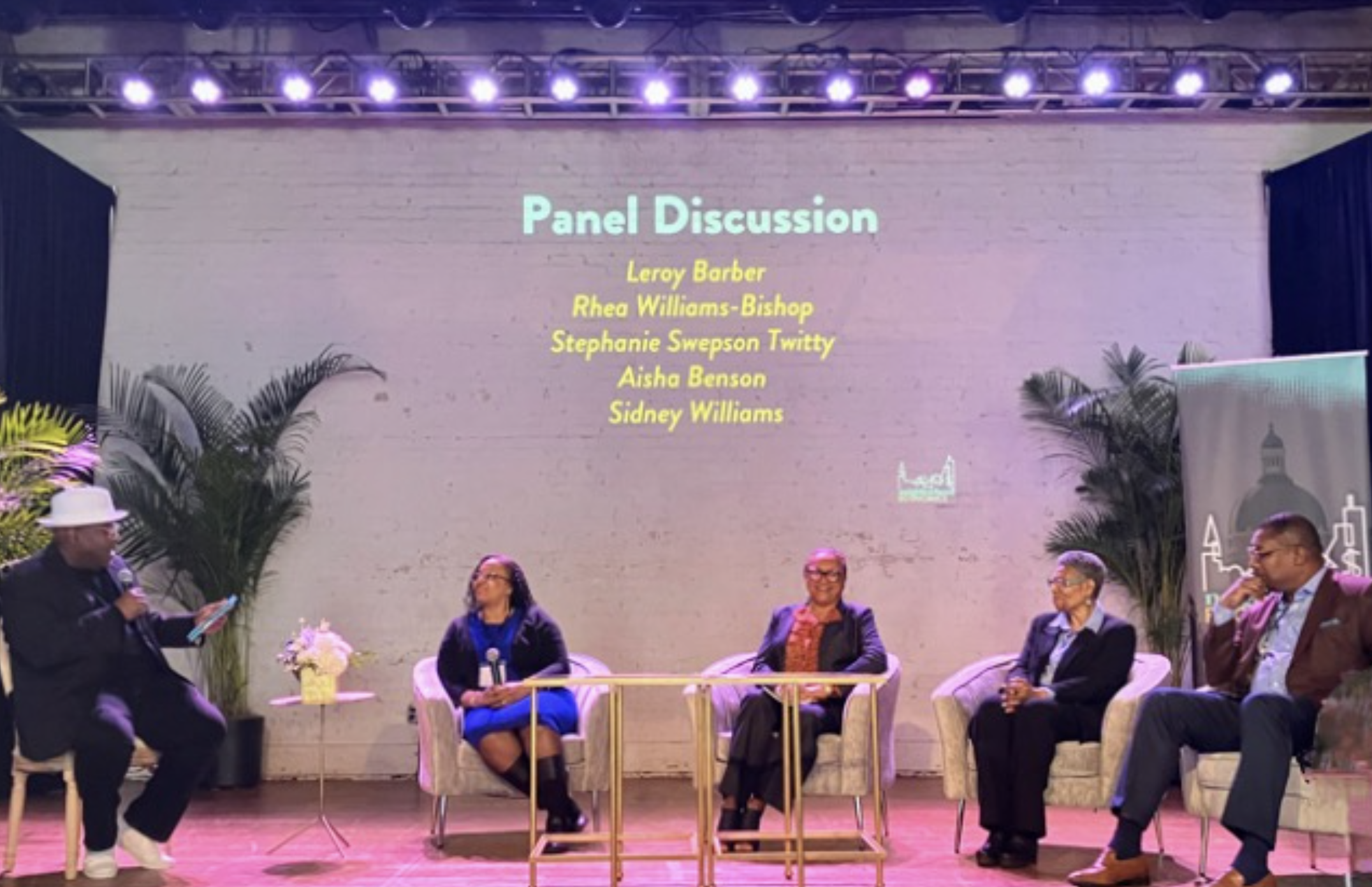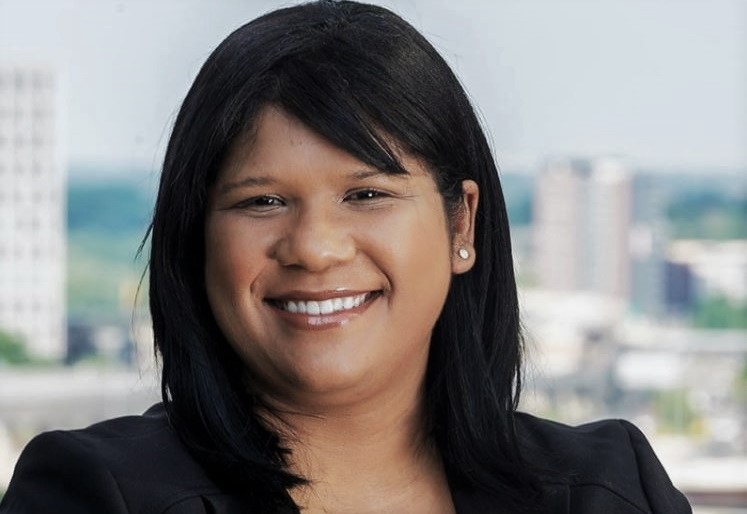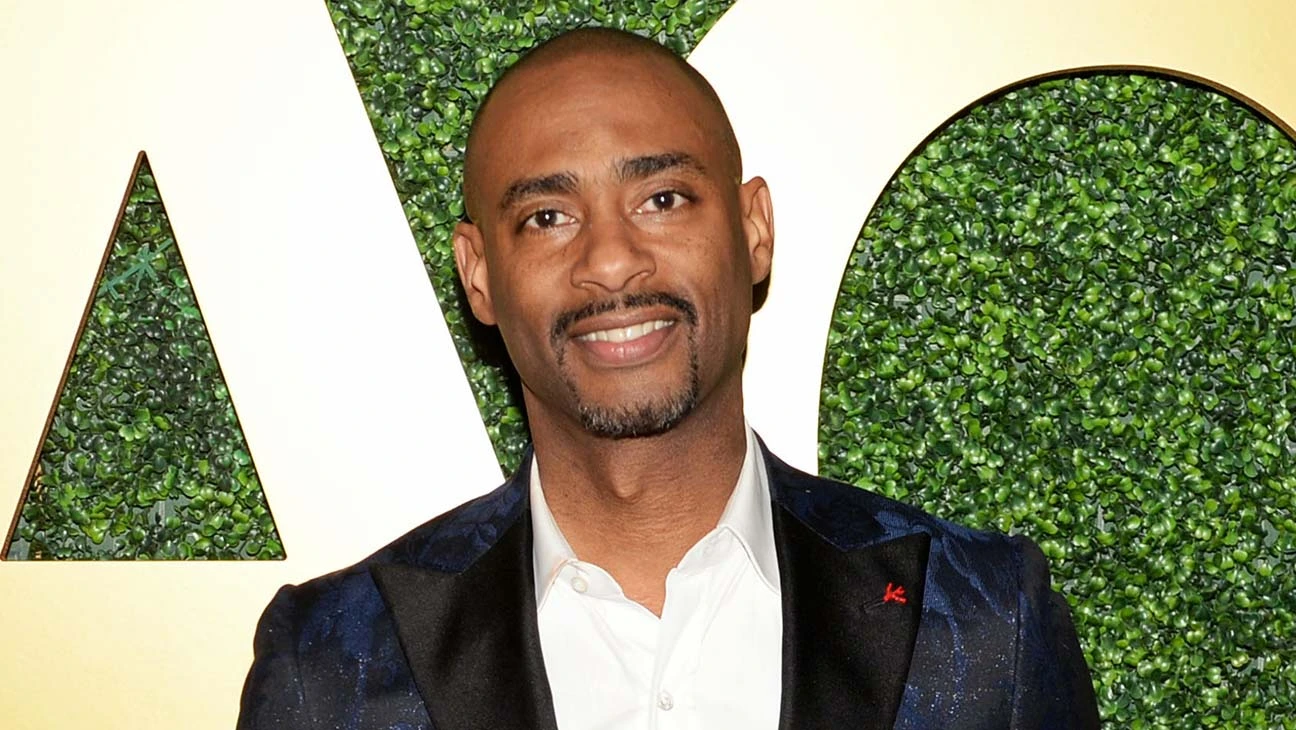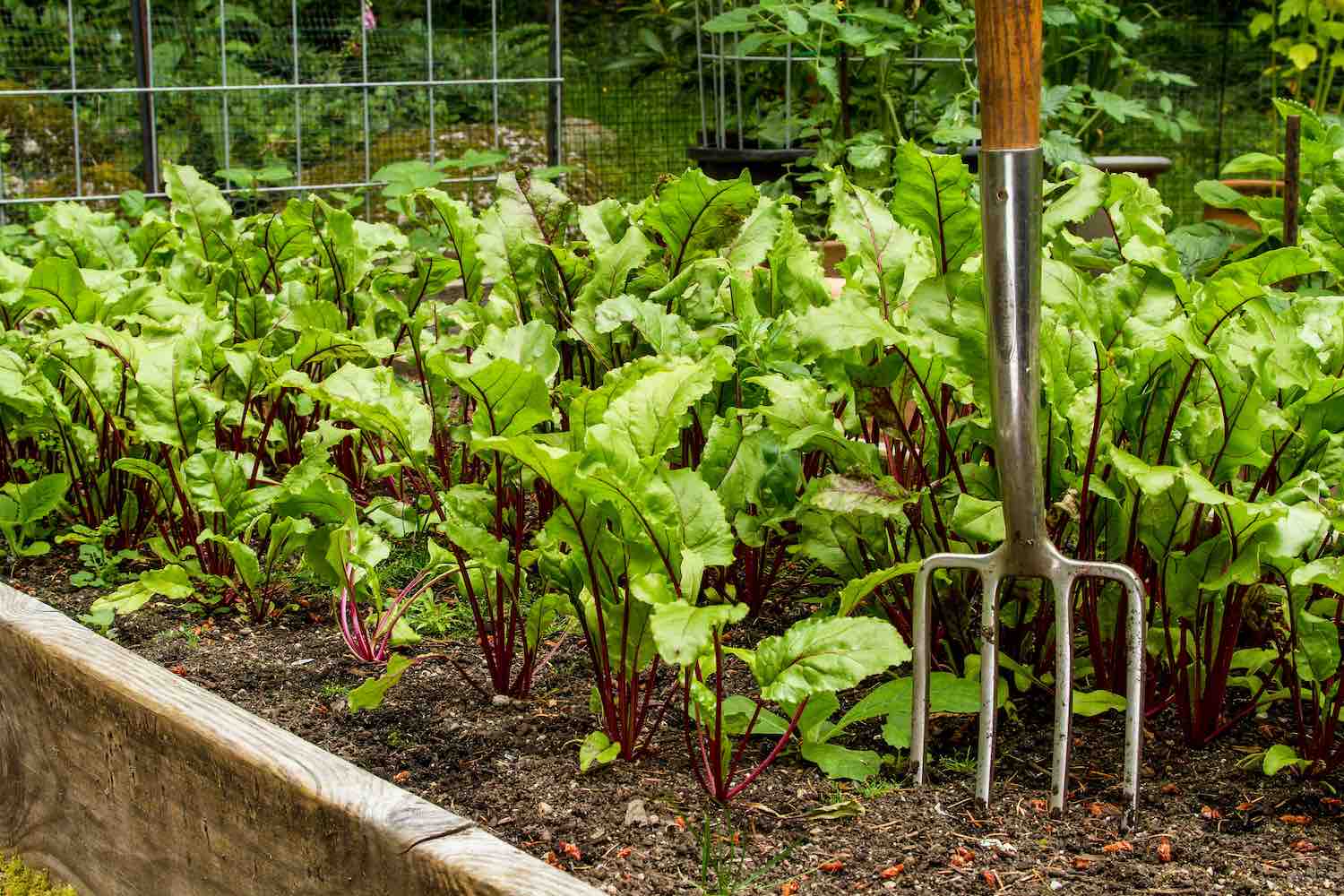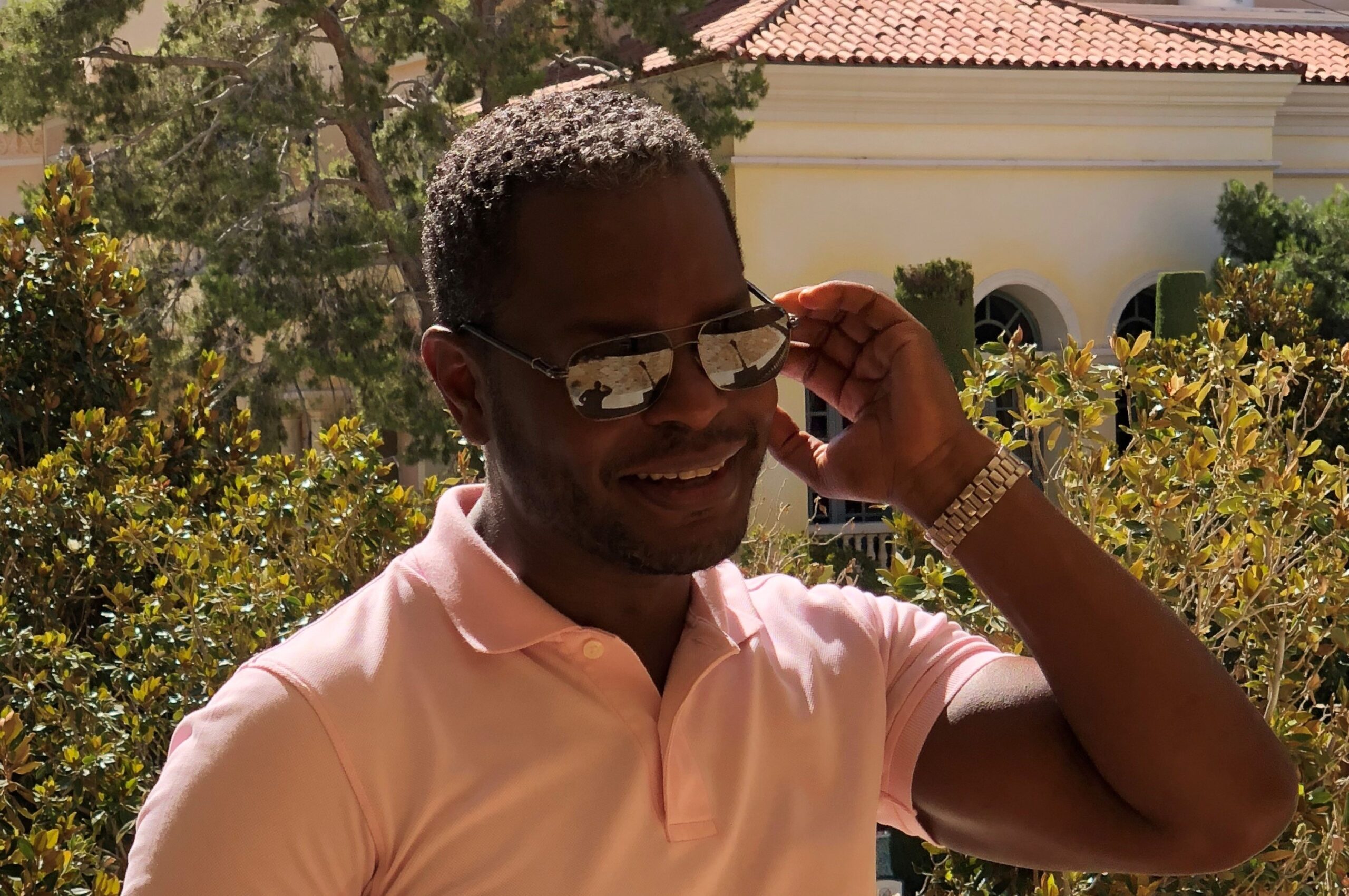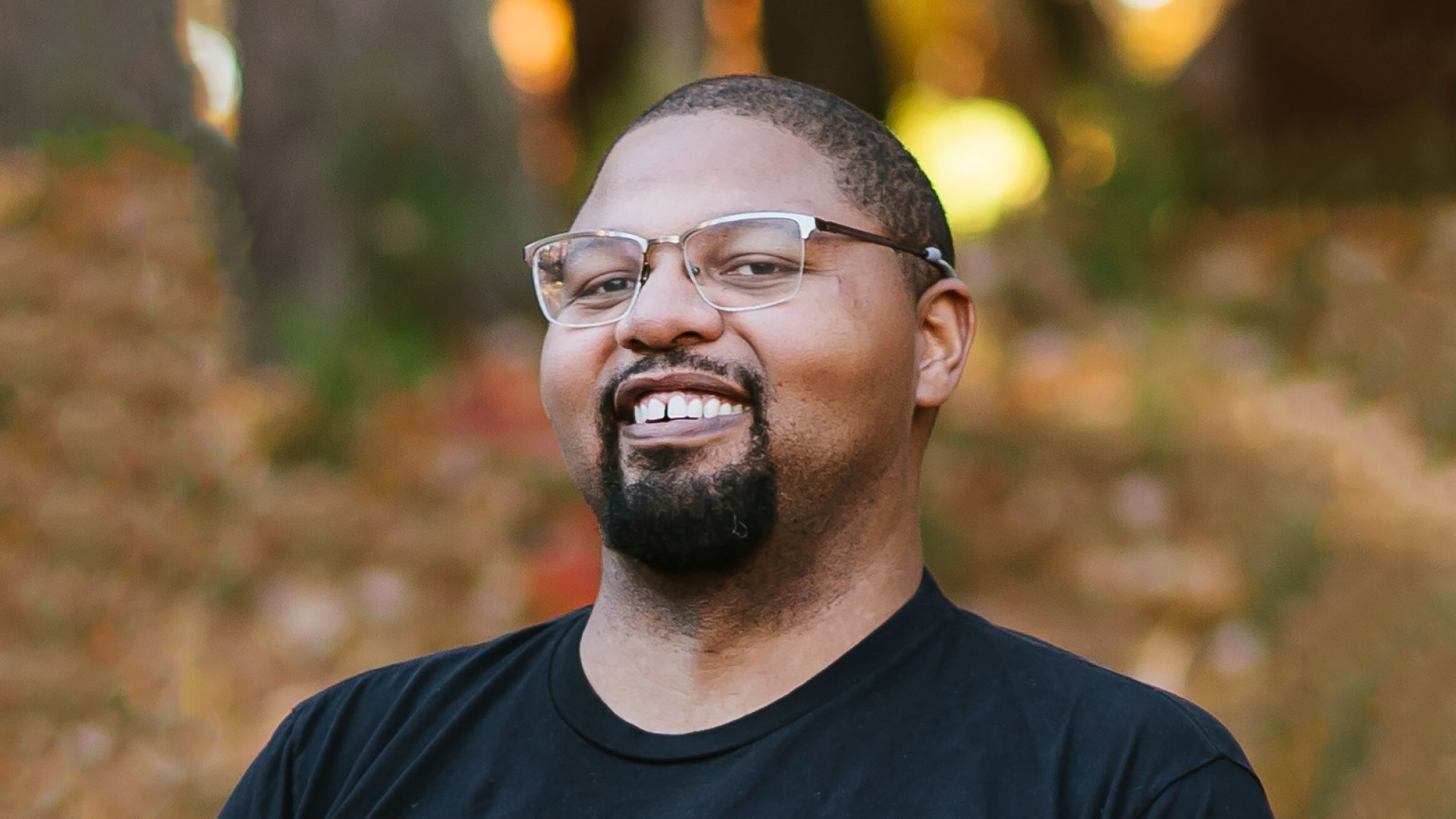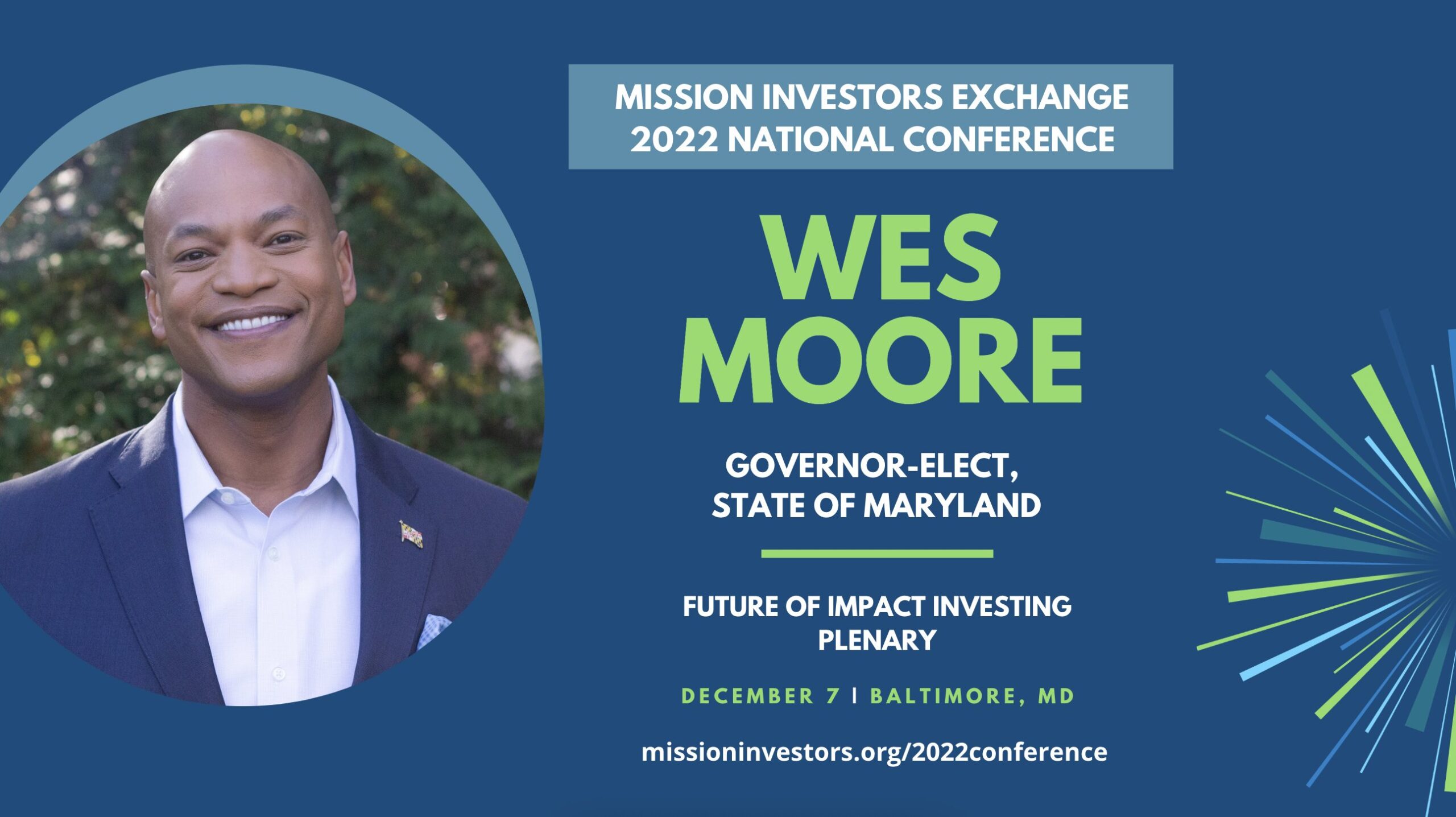ImpactAlpha July 12 – Can venture capital be kind? This simple question is at the heart of the impact investing firm Kind Capital and its founder, John Duong.
Duong joins us this week on the Reconstruction podcast to share how investors can rethink venture capital by focusing on bold, long-term impact, wrap-around support for talented entrepreneurs – and authentic kindness.
“I think this might sound a little fluffy. But I think as at the individual level, we need to be kinder to ourselves and to each other,” he says. “It’s not a play on our firm’s name. I really believe that.”
Kind Capital will use a special scoring methodology that evaluates multiple dimensions of impact, including job creation, sustainability, diversity and inclusion policies, and diversity of teams.
“We want to be catalytic,” Duong explained in an email. “When we see a very promising entrepreneur who might be facing a negative bias from traditional investors based on race, gender or other demographic designation, we see it as an opportunity for us to invest.”
“We have a 20- to 25-year vision to build a social unicorn,” says Duong. “Wall Street and Silicon Valley are chasing your classic unicorns, purely focused on financial returns. Our goal is to impact a billion lives over the period.”
Widening the lens
Many impact investing firms are widening their gaze to look at the root causes of particular social problems in different ways. To pave the way for a third Reconstruction, however, firms must go further and embed justice into their behaviors, policies, and decisions.
As Camelback’s Kelli Saulny said on an earlier episode of The Reconstruction podcast, “Our goal is to move us away from the current focus of generational wealth, which places the responsibility of wealth creation on the individual,” Camelback’s focus, instead, is “on the inputs that enable wealth accumulation.” Camelback believes in being “ruthless for good” and blends accelerator support and network building with long-term thinking and a community-centered definition of wealth.
Organizing around the idea of a Third Reconstruction, Reinventure Capital focuses exclusively on BIPOC and women-led companies. In rethinking investment strategy, Reinventure has written their own investment playbook, which prioritizes profitability over valuation and recognizes inclusion as opportunity. Reinventure recently backed Canela Media, a Latina-owned digital media company, alongside BBG Ventures.
1863 Ventures, led by Melissa Bradley, provides education, accelerator services, advice, and their own types of caring capital, including revenue-based financing, to entrepreneurs of color. The venture firm centers on love and egalitarianism in staff relationships. 1863, like many of their justice-focused peers, studies historical inequity as it develops potential solutions.
“It’s important that people understand history to know what laws have been created to allow for equal opportunity, what barriers still exist, and where have we found opportunities of coexistence and equitable wealth building and wealth creation in communities,” Bradley said on an earlier Reconstruction podcast.
Kindness in practice
Even in its early stage Kind Capital, founded during the pandemic in 2020, is aiming to infuse kindness throughout the business. This looks different from traditional venture firms that favor fast exits and big returns.
Kindness is a meaningful value in the firm’s program structure. The company is seeking to provide more than financial investment. Duong and the Kind Capital team are creating support systems around early stage companies that includes advice, community connections, and accelerator-like training. They look to provide shared services, such as back-office support, to help ventures reduce costs.
Kindness is baked into how the company relates to and works with entrepreneurs. Entrepreneurs need “someone that they can actually trust,” explains Duong, who wants to provide authentic support in “helping them think through who to bring in as an investor in the next round, as well as the fundraising process itself.”
This applies to multiple aspects of the business, including the enterprise’s impact. If a company isn’t scoring as high in an impact area but has an authentic intent to improve, the firm can advise on implementing changes. In the case of staff diversity, for example, Kind Capital can help the investee recruit diverse senior level executives or board members that are a strong fit.
Lived wisdom
Duong’s story begins with lived wisdom that shaped who he is as an investor and collaborator.
“My family and I were survivors of the Khmer Rouge concentration camp in Cambodia,” Duong reflects in the podcast. “We were very lucky to get out as refugees.”
His family was sponsored by the Catholic Church to reside in a small town in Wisconsin. Describing it as the “classic immigrant story,” Duong walks podcast listeners through his family’s struggle through poverty, as his parents first found work as cleaners at a small Greek restaurant and learned to speak English over time.
“My mom was… cleaning the toilets and cleaning the tables and eventually learned enough English that they made her a waitress and then became a cashier. My dad learned to cook.”
Eventually, the owner of the restaurant sold it to Duong’s family, which converted it into a Chinese-Greek restaurant. “So we sold baklava, and Greek food with Chinese food. What I grew up on is tabouli salad and egg rolls.”
After attending Yale University, Duong went down the investment management track, holding positions in M&A, credit risk analysis, equity research, and corporate finance at JP Morgan, Barclays, Citi Group, and Merrill Lynch before running the mission- and program-related investment portfolios at the WK Kellogg Foundation from 2011-2015. Since then, Duong has worked in impact investing and philanthropy, founding Lumina Impact Ventures and building his bench in impact venture by serving on several boards.
But his formative early years fed what he describes as “post traumatic growth” that taught him how to overcome overwhelming challenges and shape his future. “When you hear someone’s an investment banker, Yale grad, there’s this perception that they grew up with a silver spoon, they had private school backgrounds,” says Duong, referencing common biases and stereotypes. “And that’s completely the opposite.”
Duong’s early years also shaped his decision to transition to impact investing and philanthropy and think more deeply about how empathy, kindness, and collaboration could be infused into the investing process.
“My purpose of surviving, when I was back in Cambodia, wasn’t because I’m supposed to make a boatload of money,” he says. Kind Capital “will position me to bring others to align with this mission and goal, and we can all get there together.”
This podcast is part of ImpactAlpha’s new podcast series, The Reconstruction. Host: Monique Aiken. Editor: David Bank. Producer: Isaac Silk. Special thanks to Lyneka Little and Cesar Chavez.
Find episodes of The Reconstruction podcast, and all of ImpactAlpha’s coverage of racial justice and inclusive prosperity, on The Reconstruction landing page.

